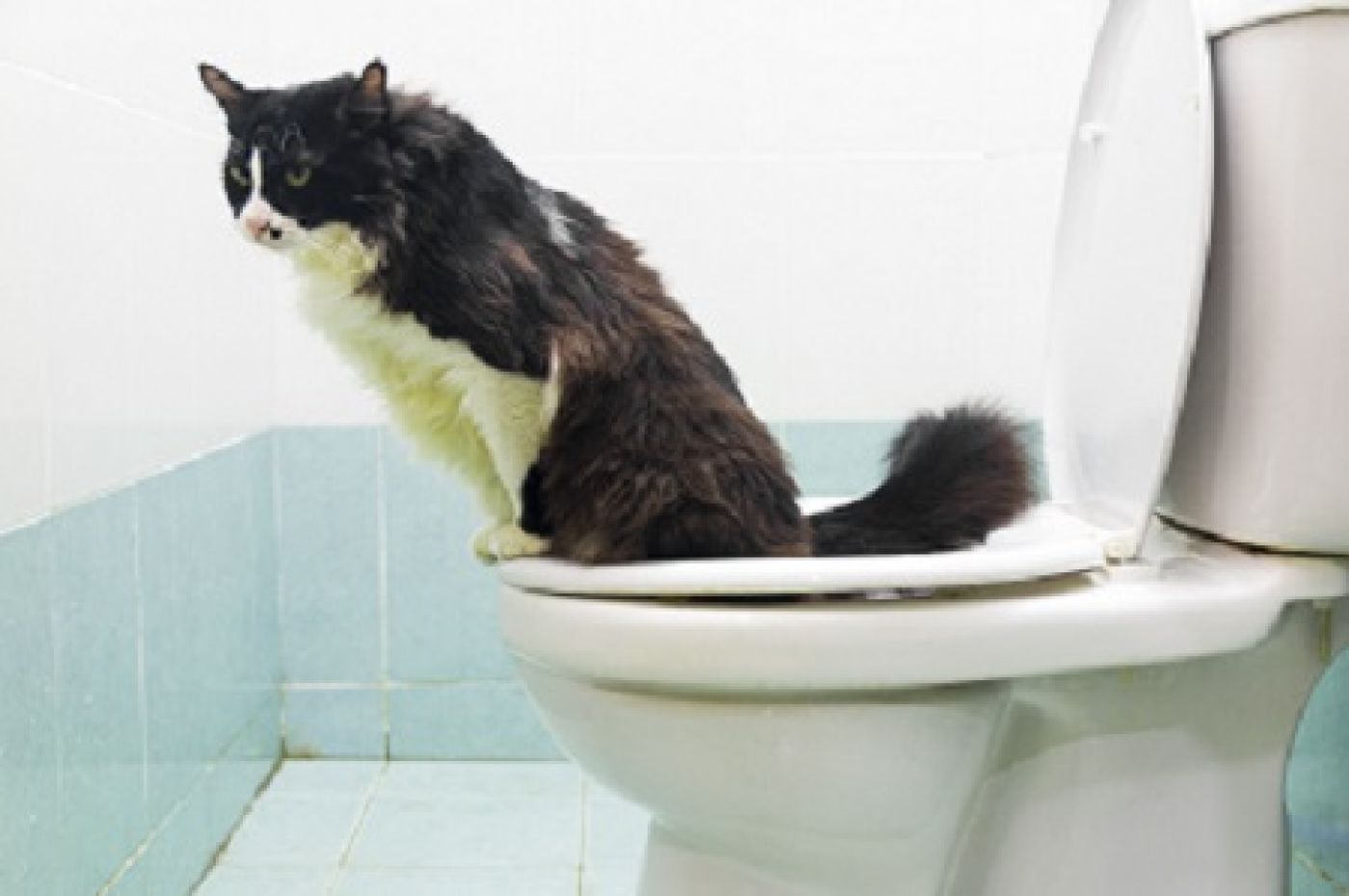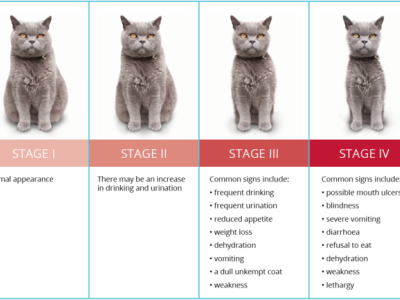Feline Lower Urinary Tract Disease

Feline Lower Urinary Tract Disease (FLUTD) describes a variety of conditions the affect the bladder and urethra of cats. Cats with FLUTD most often show signs of difficulty and pain when urinating, increased frequency of urination and blood in the urine. They also tend to lick themselves excessively and may urinate outside the litter box, often on cool, smooth surfaces like a tiled floor or bath.
While FLUTD can occur at any age, it is usually seen in middle-aged, overweight cats that get little exercise, use an indoor litter box, and have little or no outdoor access. Factors such as emotional or environmental stress, multi-cat households and abrupt changes in daily routine may also increase the risk that a cat may develop FLUTD.
Cats with a urethral obstruction will also show these signs but will pass little or no urine and become increasingly distressed. A urethral obstruction is more often seen in males than females due to their longer, narrow urethra. A urethral obstruction is an emergency and requires immediate veterinary treatment.
A possible cause of FLUTD is the formation of urinary stones. These are collections of minerals that form in the urinary tract. The most common stones are calcium oxalate and struvite. Prescription diets can help in dissolving struvite stone’s, but calcium oxalate stones need to be surgically removed. The dietary change to prescription foods can help prevent recurrence. Infections of your cat’s urinary tract with bacteria, fungi, parasites or possibly even viruses can cause FLUTD. Feline Idiopathic Cystitis (FIC) is the most common diagnosis in cats that are less than 10 years of age with lower urinary tract disease. FIC can be recurring with the goal of treatment to reduce the severity and frequency of episodes. Prescription foods can also support this treatment over the long term.
FLUTD can be chronic and very frustrating for owners, whilst doing everything within your power, recurrences do occur. It is a matter of monitoring your cat, to try and catch recurrence early for a quicker remedy. Stress is a major contributor to urinary cases along with routine changes. Hence, therefore many cat prescription diets now come with a stress component, to aid in recovery.
As always there are a variety of prescription urinary food products available in clinic to suit all conditions.

